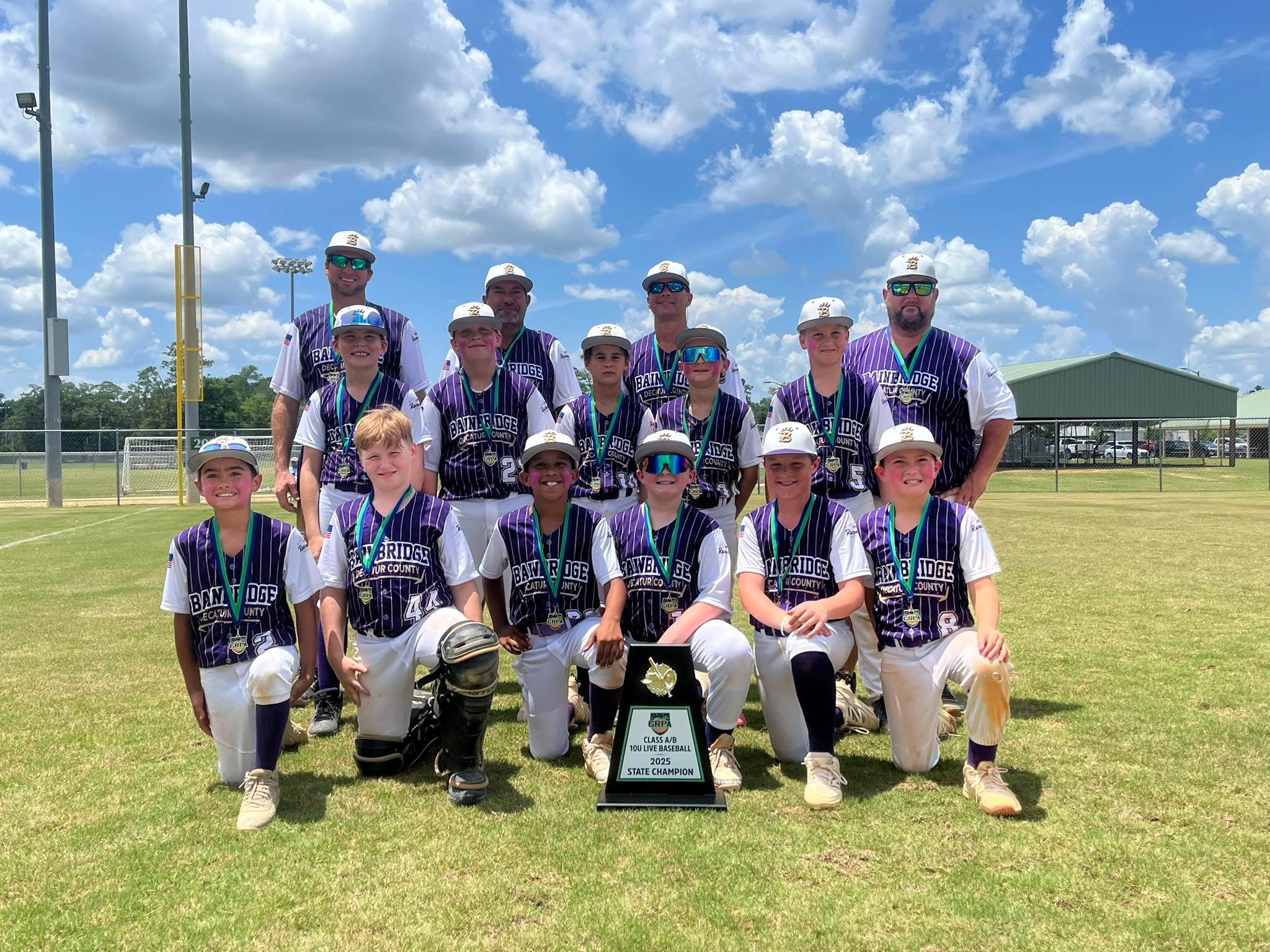It’s so hard to say goodbye
Published 4:34 pm Friday, July 10, 2009
It’s so hard to say goodbye to those we love. Especially when they have already gone.
There is no set timeline for grief, and it can be hard to know if we are doing this right. Friends or family may be saying we shouldn’t be happy or smiling while others keep asking, “Why are you still feeling sad about that?”
One of the reasons for that is that friends and family and co-workers or neighbors may feel uncomfortable around us and may not know what to say. They may be afraid to bring it up because they don’t know if it will cause more pain and re-open that wound. But they also feel uncomfortable not asking about it because it is such a deep cut.
At times, it can even seem insensitive to ask, “how are you doing?” because the obvious answer is that we’re doing awful and the pain won’t stop. They may not ask because they know the answer is complicated, and it doesn’t feel right to bring it up in a passing conversation.
Others often feel like they have to fill the sound of silence with something.
They can be uncomfortable being around someone in grief because they don’t know what to say. And not saying anything is OK.
“Presence” can speak mountains.
Just being there with us may be what we really need because most of the time, we don’t know what we need.
We know what we want but we also know that will not happen. Just sitting with us, coming along to do little necessary errands, preparing a meal, offering to watch the kids for a little while, or go out for a cup of coffee are great ways to just be there.
It’s OK to ask what we need, but it’s also OK to bring along a few suggestions to what we may need because our brains may not yet be thinking about what we need. Sometimes what we need is someone just to be in the same room with us. Sometimes what we need is just someone to listen.
One of the hardest aspects of grief is not being able to say to the person we’ve lost all of the things we should have or could have said.
There may be so much about the loss that is just unresolved. And we may not ever get the answers that we feel we need. We need to say those things even if it never gets heard by the person we feel needs to hear it the most.
Sometimes we need to say it for us, just to get it out and know that we have said it.
This can happen at the gravesite, walking by the river, saying it to the family pet, writing it down in a journal or just talking to a friend.
Often it happens at night when we’re all alone and everyone else has gone home (to be with their loved ones) and the thoughts and words spin around and around and begin to lose sense.
Saying it to a listening, caring ear may be what helps some of it to make sense. That listening, caring ear can also be a great gauge a few months later to encourage us and let us know how far we have come.
There is no set timeline for grief, but we also know that grief can become complicated if we don’t take care of our relationships and ourselves.
If you or someone you know appears to be stuck for an extended period of time, contact your pastor, doctor or a mental health professional.





